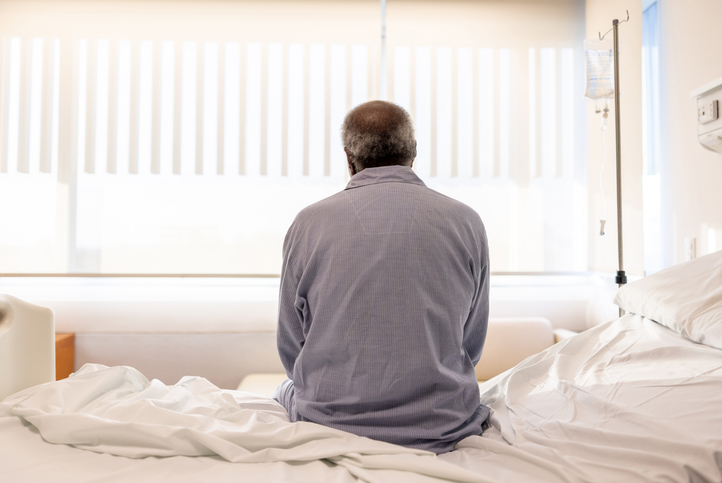Urinary Tract Infections in the Elderly

Urinary tract infections (UTIs) can occur at any age, but the incidence increases as people age. It is among the most common infections in older adults, particularly those living in nursing homes and other long-term care facilities. The infection is more prevalent among women than men, although men with an enlarged prostate are also at greater risk.
What causes UTIs?
UTIs are caused from bacteria entering the urinary tract. The infection can affect any part of the urinary tract, although most infections typically involve the bladder and urethra. More than 90 percent of bladder infections, or cystitis, are caused by E. coli bacteria from the intestines. A serious UTI can spread to the kidneys.
Why are UTIs common in the elderly?

Many elderly have weakened immune systems. That makes it more difficult for them to fight infections. Diabetes and other diseases can weaken the immune system. The elderly may not be drinking enough fluids, especially water. Fluids help people urinate more frequently, allowing bacteria to be flushed from the urinary tract. The elderly may fail to change urinary incontinence pads when wet. Seniors that have a urinary catheter are also more prone to develop UTIs.
What are symptoms of UTIs?
Younger people who develop a UTI may have symptoms that include a frequent urge to urinate, pain or burning when urinating, pain in the lower abdomen, cloudy or odorous urine, blood in the urine, and fever.
Elderly adults can develop these same symptoms, but they may also have some entirely different symptoms that many don’t associate with a UTI. Other symptoms in older adults can include a sudden change in behavior, poor motor skills, loss of coordination, falls, restlessness, agitation, confusion, delirium, and hallucinations. Doctors are not sure why some of these symptoms differ so much from younger people with UTIs.
How are UTIs treated?
UTIs are treated with antibiotics to kill the bacteria. It’s important to take all the medication, even if feeling better. Elderly adults with symptoms such as confusion or delirium, are sometimes given antipsychotic medication to reduce stress and agitation.
Older adults with UTIs may need the help of family members to ensure they take their medication and receive proper care to prevent reinfection. Those living in long-term care facilities will have to depend on staff and caregivers to help them heal and take preventive measures to prevent recurring infections.
Next Steps
UTIs are a common health problem for older adults, and they particularly affect women’s health. The physicians at RMD Primary Care are happy to answer your questions about urinary tract infections. Contact us today to schedule an appointment.




